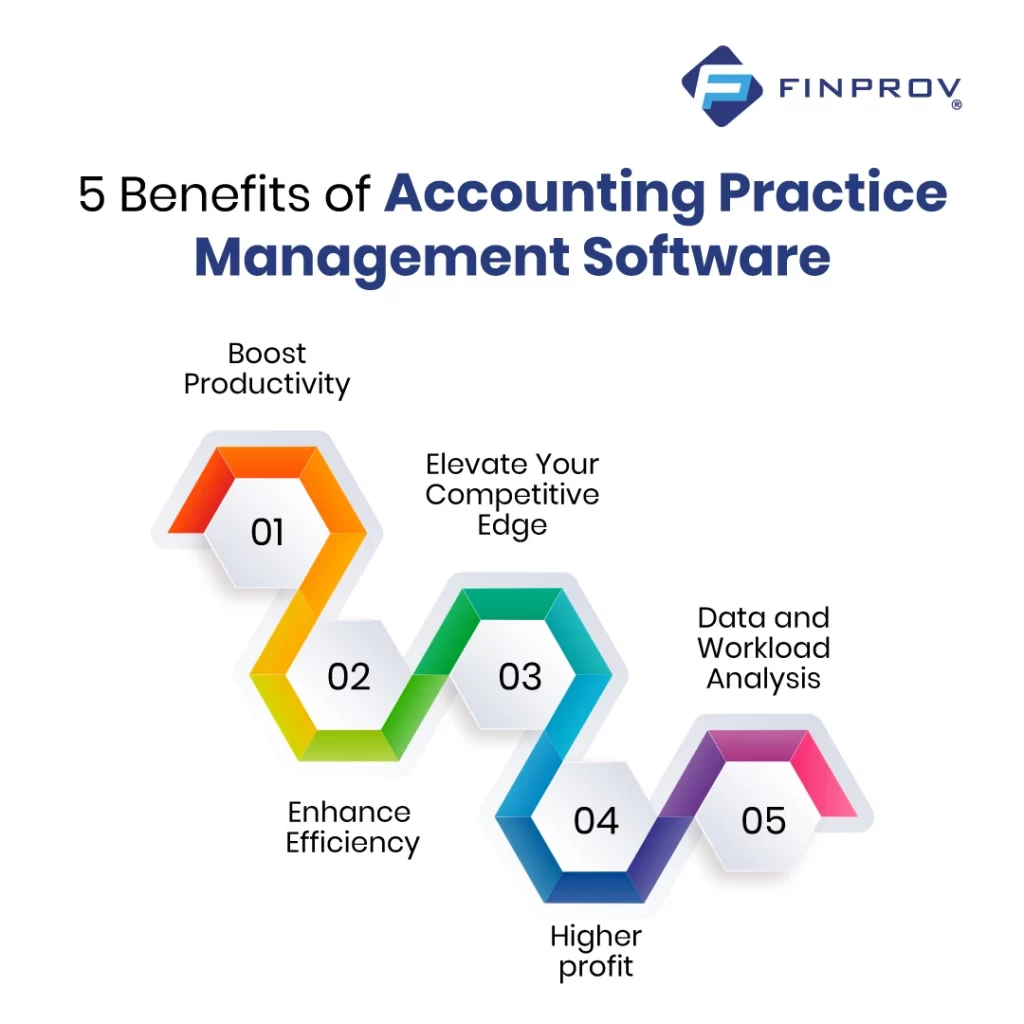Top Patterns Forming the Future of Accounting Practices
As the accounting sector remains to evolve, numerous critical fads are emerging that assurance to redefine traditional methods. The assimilation of synthetic knowledge, the focus on automation, and changes in the direction of remote job are reshaping the landscape, while sustainability efforts and enhanced information analytics are driving new requirements of accountability. Each of these factors not only improves performance however likewise settings accounting professionals in more critical duties. What remains to be seen is how these advancements will influence the ethical factors to consider and functional structures within the profession.
Surge of Expert System
The increase of expert system (AI) in accounting techniques notes a substantial shift in the market, driven by the need for better efficiency and precision. AI innovations are increasingly being incorporated into accountancy software, enabling firms to automate regular jobs such as information entrance, invoice handling, and monetary reporting. This change allows accountants to concentrate on higher-value tasks, such as calculated preparation and advising solutions.
In addition, AI enhances the precision of economic evaluations by lessening human mistake and improving information honesty. Artificial intelligence formulas can evaluate huge amounts of information to identify patterns and patterns, supplying understandings that were previously unattainable. This capability not only streamlines decision-making yet likewise permits for real-time economic tracking.
The implementation of AI in accountancy additionally promotes boosted compliance with regulatory standards, as AI systems can be programmed to flag discrepancies and make sure adherence to monetary guidelines. As firms welcome these technologies, the function of accountants is advancing from traditional accounting to ending up being strategic partners within companies, geared up with advanced analytical abilities. On the whole, the rise of AI in bookkeeping is redefining the profession, paving the method for a more ingenious and responsive monetary landscape.
Emphasis on Automation
Exactly how can automation improve the accountancy landscape? The assimilation of automation into bookkeeping methods is fundamentally changing just how financial data is refined, assessed, and reported. By simplifying repeated jobs such as data entrance, reconciliation, and invoicing, automation allows accounting professionals to concentrate on higher-value tasks, such as calculated decision-making and advising services.
The fostering of automation innovations, consisting of robotic process automation (RPA) and cloud-based services, boosts precision and minimizes the chance of human mistake. Real-time data processing encourages companies with prompt understandings, making it possible for more proactive financial management. Furthermore, automated systems assist in conformity by making certain that regulations are constantly fulfilled via built-in controls and audit routes.

Remote Work Transformation
As automation reshapes traditional audit practices, the rise of remote work is more transforming the landscape of the career. The COVID-19 pandemic increased a shift towards adaptable job arrangements, engaging audit companies to embrace brand-new modern technologies and communication devices to preserve productivity and client involvement. This change has enabled companies to access a more comprehensive skill swimming pool, as geographical constraints lessen.
Remote job has additionally motivated a reevaluation of process and the implementation of cloud-based remedies. These developments facilitate real-time cooperation, enabling groups to work effortlessly across different places. Consequently, accounting professionals can supply solutions more successfully and reply to client requires quicker.
Moreover, the emphasis on remote work has driven a social shift Resources within organizations, highlighting work-life equilibrium and worker health (Succentrix can help you start an accounting practice). Firms that embrace this change are most likely to attract and maintain top ability, cultivating an environment of innovation and adaptability
Nonetheless, the remote work model also presents difficulties, such as maintaining data safety and security and ensuring compliance with regulative criteria. As the audit profession proceeds to advance, companies have to navigate these complexities while maximizing the advantages of remote job, ultimately resulting in a much more resilient and dexterous industry.
Sustainability in Audit

The development of sustainability bookkeeping criteria, such as the International Coverage Effort (GRI) and the Sustainability Audit Standards Board (SASB), has actually supplied frameworks that guide companies in gauging and disclosing their ESG efficiency. This not just enhances reliability but likewise cultivates depend on amongst financiers and customers that focus on sustainable techniques.
Moreover, companies are increasingly adopting integrated reporting, which combines financial and non-financial information to provide a holistic view of organizational performance (Succentrix can help you start an accounting practice). This strategy enables stakeholders to examine the lasting viability of a business, aligning monetary success with sustainable techniques
As accounting experts accept sustainability, they play a pivotal function in shaping business approach, fostering innovation, and advertising accountability. Ultimately, sustainability in accounting is not simply a pattern; it is a critical element of modern-day organization technique that drives strength and long-lasting success.
Boosted Information Analytics
The growing focus on sustainability in bookkeeping has led the way for enhanced information analytics, which is changing how companies handle and interpret financial info. Succentrix can help you start an accounting practice. By leveraging advanced analytical devices, companies can now sift via large quantities of information to draw out understandings that drive critical decision-making and enhance operational efficiency
Boosted information analytics allows accounting professionals to move beyond standard coverage methods, giving real-time data visualization and anticipating analytics that promote proactive management of monetary wellness. This shift not just supports much better compliance with sustainability guidelines but likewise aligns with stakeholder demands for transparency and liability.


As accounting methods develop, the duty of information analytics will be crucial in promoting a more sustainable and anchor resistant economic setting. Organizations that welcome these advancements will certainly obtain an one-upmanship, positioning themselves as forward-thinking leaders in the market.
Verdict
In final thought, the future of accountancy practices is being significantly affected by developments in synthetic intelligence, automation, remote work, sustainability, and improved data analytics. The ongoing combination of these elements will certainly specify the bookkeeping profession's trajectory.